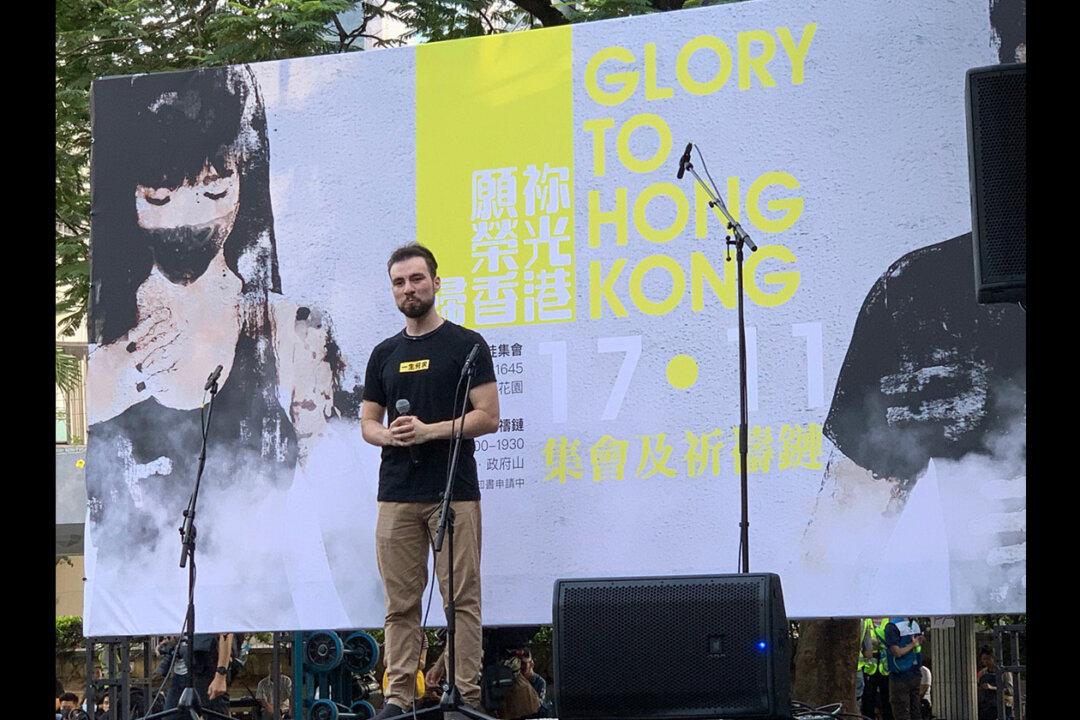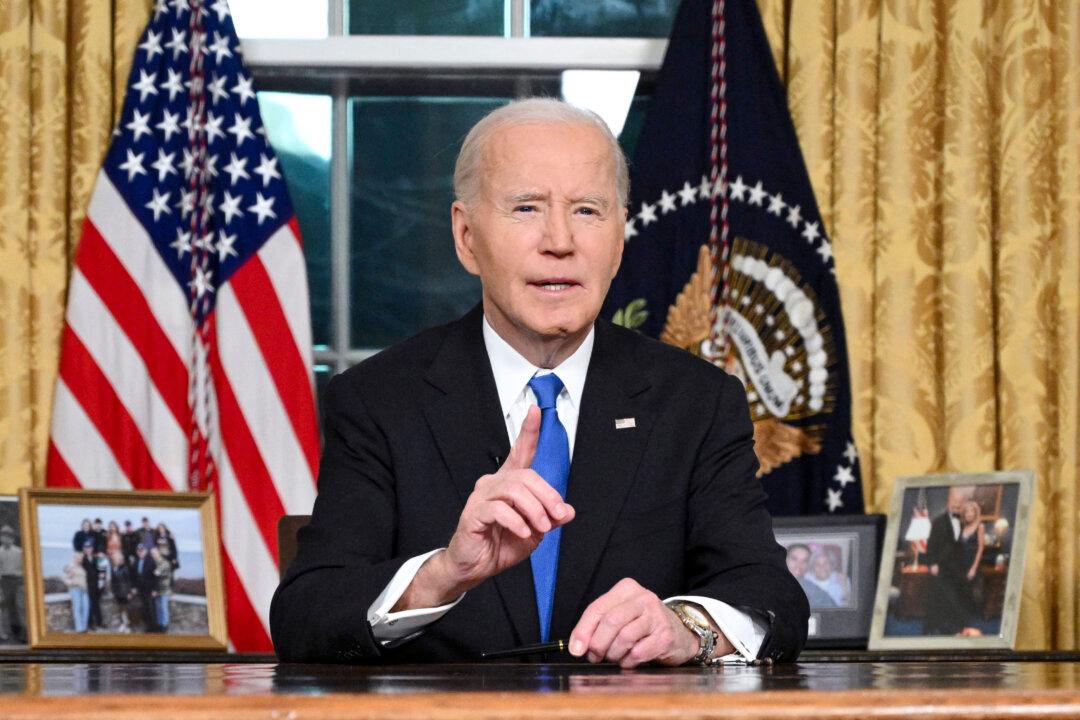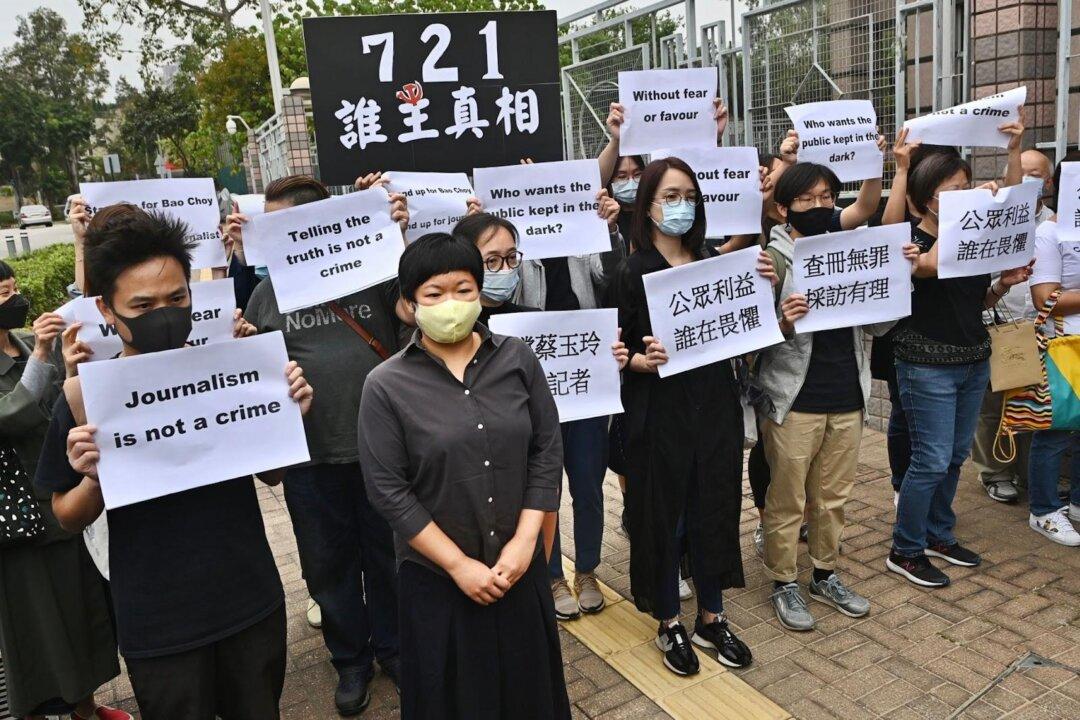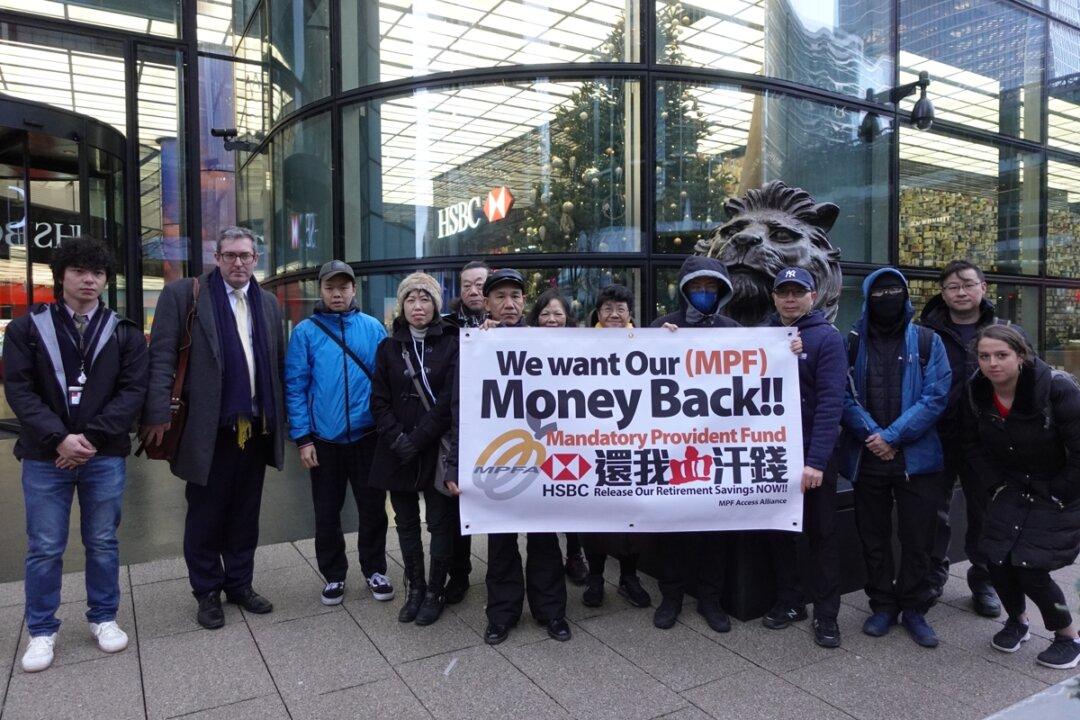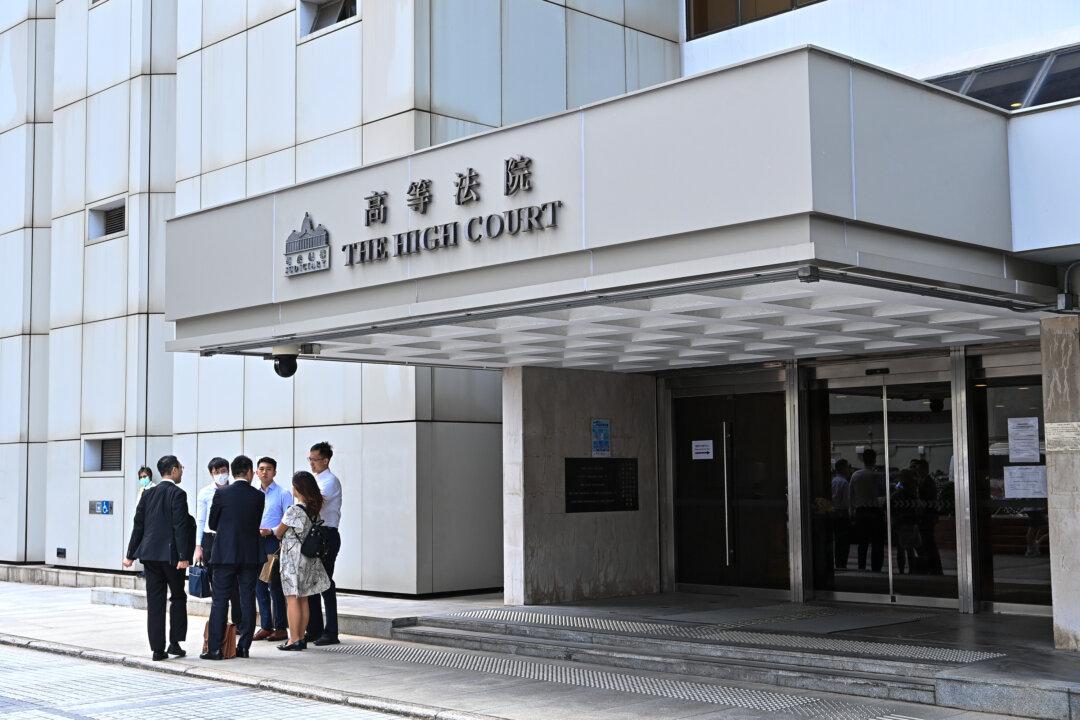The Department of Justice (DOJ) in Hong Kong announced on June 6 that it has applied to the court for a full injunction and a temporary injunction to prohibit anyone from spreading “Glory to Hong Kong” (a pro-democratic song).
The song has been mistakenly played at several international sports events as the Hong Kong national anthem instead of the Communist China anthem. The Hong Kong government has often negotiated with Google to ban the song.
